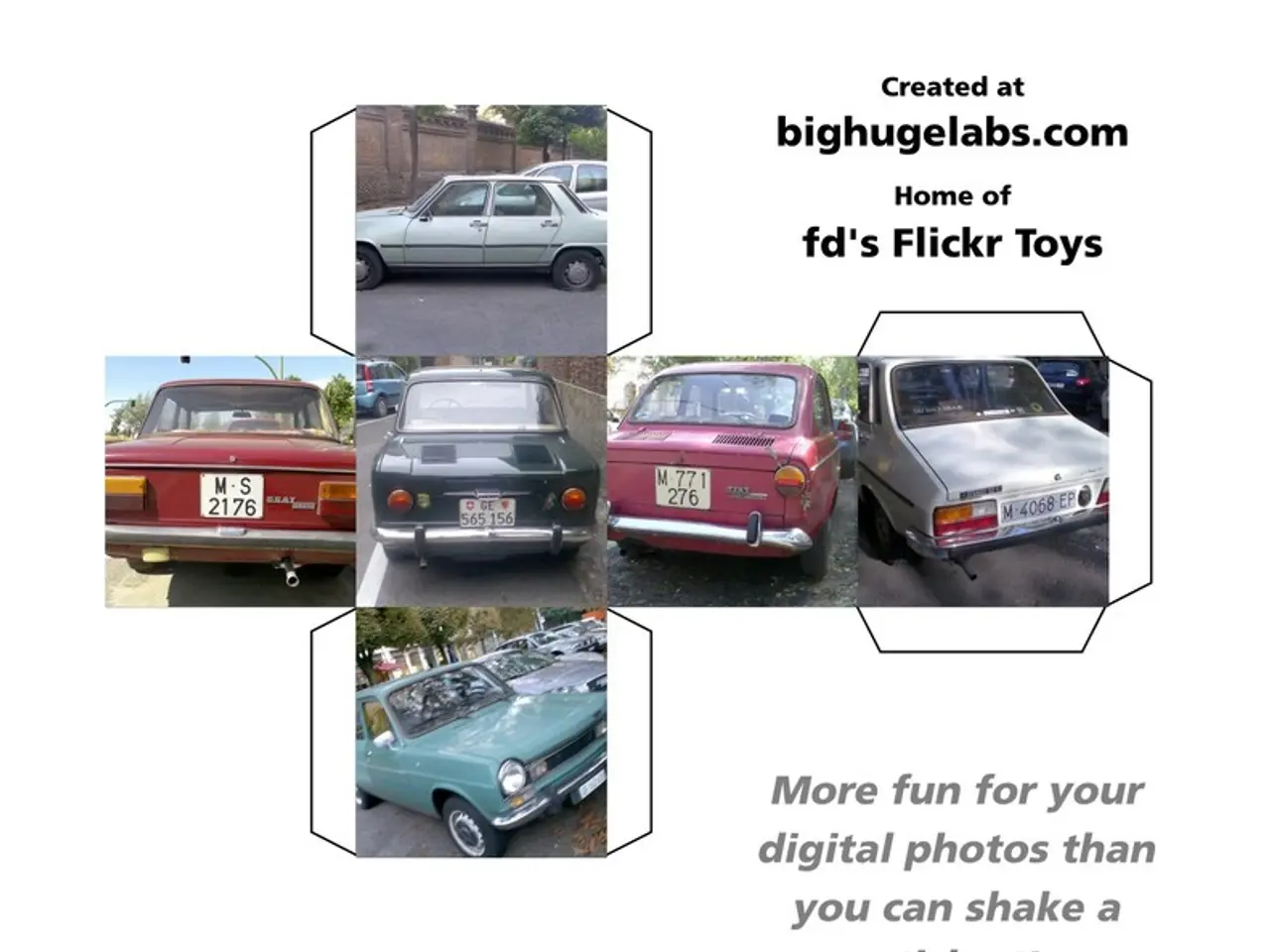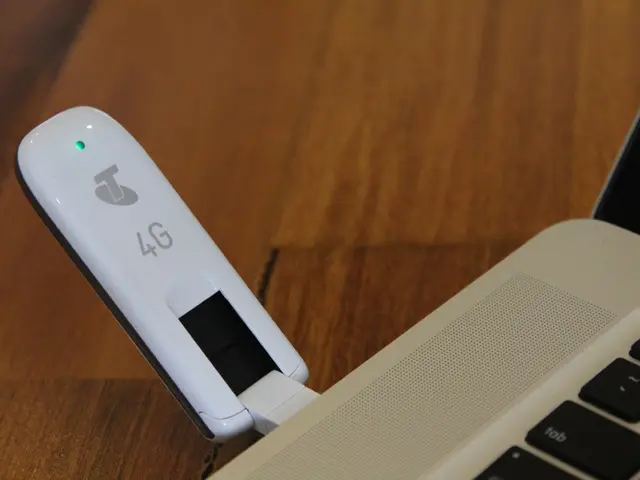Increased fuel efficiency of BYD's hybrid technology by 10% confirmed; existing vehicle owners to gain from software upgrade
In a significant leap forward for hybrid technology, BYD has managed to reduce the fuel consumption of its fifth-generation DM (Dual Mode) hybrid technology to an impressive 2.6 liters per 100 km. This remarkable achievement was reached through a combination of optimising the coordination between hardware and software, and improving overall system efficiency.
The key factors contributing to this improvement include an engine thermal efficiency of 46.06%, one of the highest in mass-produced hybrid engines. This was achieved through smart engineering such as a high 16.1 compression ratio, split cooling systems, precision combustion control, and reduction of internal friction.
Another significant advancement is the integration of an electric-first hybrid architecture, where the electric motor is the main propulsion source for daily driving. The gasoline engine operates mainly as a generator in low battery states or high-speed cruising, optimising fuel use when combustion is most efficient.
The use of advanced materials and design refinements, like ultra-thin silicon steel in motor cores, refined bearings, clutches, and low viscosity lubricants, has boosted power density and system efficiency to about 92%.
BYD has also leveraged vast real-world data from over 1.5 million vehicles and 2.8 billion kilometers monthly to adapt software algorithms via over-the-air (OTA) updates, continuously enhancing fuel efficiency beyond hardware improvements alone.
The deployment of BYD's Blade Battery technology, with improved energy density (15% higher), faster charging, and high structural integration, further supports the hybrid system’s performance and efficiency.
These advancements have pushed BYD’s fifth-generation DM hybrid technology past its initial benchmark of 2.9L/100km, down to 2.6L/100km under NEDC test conditions, certified by the National Automobile Quality Inspection and Testing Center (Guangdong). The overall system offers a combined range of around 2,100 km and is marketed as enabling practical long-distance driving with exceptional efficiency.
This reduction marks a 10 percent decrease from the previous 2.9 liters. It's important to note that the fuel efficiency optimization will be provided to all BYD vehicles equipped with the fifth-generation DM technology through over-the-air (OTA) upgrades.
In July 2024, BYD sold 344,296 NEVs, a 0.56 percent increase year-on-year but a 10.01 percent decrease from June. The sales drop in July 2024 brought BYD's NEV sales back to the level of the same month in the previous year.
Interestingly, the decline in sales of BYD's PHEV models continued to be a notable trend in July 2024. Sales of BYD's passenger PHEV models decreased by 22.61 percent year-on-year and 4.45 percent from June, amounting to 163,143 units in July. However, the strong sales of BYD's BEV models in July 2024 helped offset the decline in sales of the PHEV models. Despite a 14.02 percent decline from June, BYD's passenger battery electric vehicle (BEV) sales remained strong, with 177,887 units sold in July, up 36.84 percent year-on-year.
The fifth-generation DM technology was officially launched on May 28, 2024, and all of BYD's newly launched hybrid models since then have been based on this latest hybrid technology. The first models equipped with the fifth-generation DM technology were the BYD Qin L DM-i and Seal 06 DM-i, launched on May 28, 2023.
This marks a significant step forward in BYD's mission to provide efficient and environmentally friendly transportation solutions.
- BYD's fifth-generation DM hybrid technology, which was launched in May 2024, has managed to reduce its fuel consumption to 2.6 liters per 100 km, a 10% decrease from the previous benchmark.
- The key factors contributing to this improvement include an engine thermal efficiency of 46.06%, smart engineering, electric-first hybrid architecture, and the use of advanced materials and design refinements.
- BYD has also leveraged real-world data to adapt software algorithms via over-the-air (OTA) updates, continuously enhancing fuel efficiency beyond hardware improvements alone.
- The deployment of BYD's Blade Battery technology, with improved energy density, faster charging, and high structural integration, further supports the hybrid system’s performance and efficiency.
- Despite a decline in sales of BYD's PHEV models, the strong sales of BEV models in July 2024 helped offset the decline, with 177,887 passenger BEVs sold, up 36.84% year-on-year.
- This reduction in fuel consumption and advancements in technology mark a significant step forward in BYD's mission to provide efficient and environmentally friendly transportation solutions.




